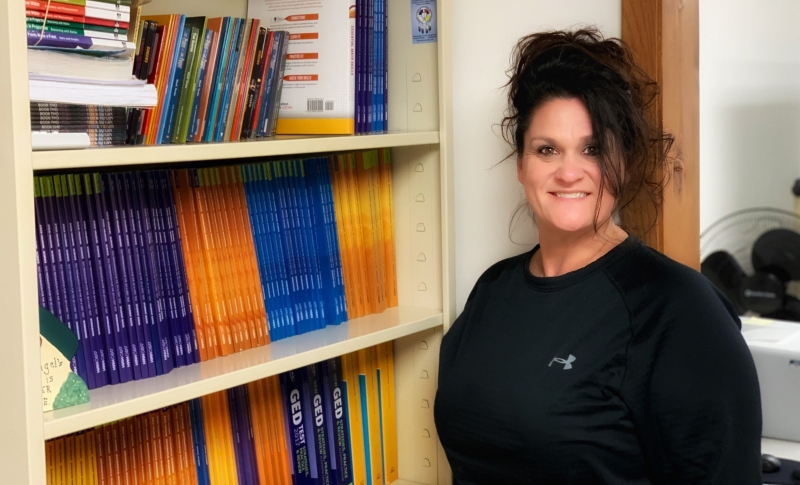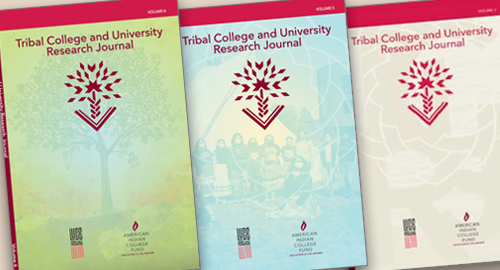by Sherman Marshall, Adult Basic Education Director, and Linda Boes, GED Tutor
Throughout her 17 years at Sinte Gleska University (SGU), GED Tutor Linda Boes has seen many changes in how students are prepared for the exam. Yet the fundamentals of working with adult learners have stayed the same. Boes works at SGU’s Adult Basic Education department’s eastern reservation offices in Gregory and Winner in South Dakota.
Boes will be the first to tell you she has learned from some great teachers over the years. Through her training and experience, she has identified several keys to success when working with her students:
Communication
“I like to do a few ice breakers during our first visit, just to get to know the student better. We talk about their learning styles and how they like to learn. I also ask about their school experiences and what didn’t work for them. The more I can learn about the student, the better I can understand how I can make the program work for them.”
Expectations
“I like to ask the student what their long–term goals are and how quickly they would like to finish. We put together a plan to reach this goal by looking at their assessment report and calculating how many hours it will take to make this a reality. We set daily goals for what we would like to achieve during each tutoring session.”
Accountability
“For many of my students, attendance in the program is voluntary. It can be easy for a student to put off returning to class. I like to keep students accountable so they can achieve their goals in the timeline they set. I keep detailed notes in each student’s folder, and I explain the homework assignments before the student leaves class. If they do not get their homework done, then we take the time to do it together when they return.”
Instruction
“Students take time out of their day to attend class, so I don’t want to waste their valuable time. When I give a student my full attention, they realize how important they really are. One-to-one tutoring is essential to unlocking a student’s success. By sitting down with the student and diving into their homework, I can see right away when they do not understand something. We can address any problematic areas and move on.”
Learning Materials
“I am so grateful for the support provided by the American Indian College Fund’s Dollar General GED grant. My classroom has a wide variety of resources and materials I can choose from when working with a student. If one book is not working, we can try a different book or use educational software. We are also able to explore and purchase new resources to continue offering our students the most up-to-date materials.”
The data shows that these keys to success really do make a difference. The Gregory and Winner offices only serve about 18% of the department’s annual student population, yet Gregory/Winner students comprise 48% of the university’s 94 GED graduates since 2014. Additionally, attendance data shows that GED graduates from the Gregory and Winner offices complete the program in approximately half the time compared to graduates from the other offices.
Beyond the data, Boes says, “The most rewarding part of my job is hearing from former students. I get to know my students and their families. They share those milestones such as getting a new job, enrolling in college, or new additions to their families. Seeing their personal growth is wonderful!”










